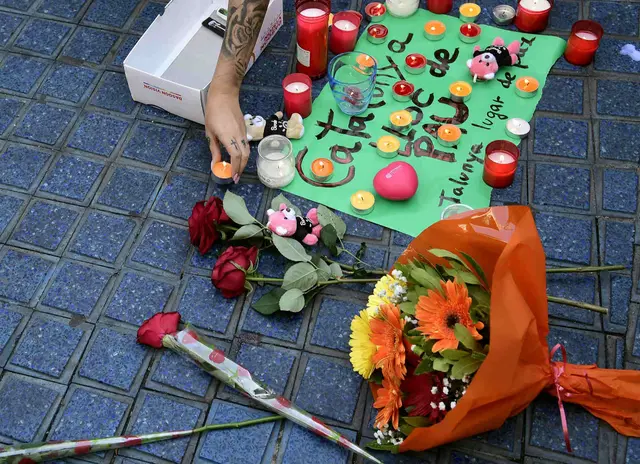Instead of getting chemotherapy or waiting for hematopoietic stem cell transplantation, a 12-year-old girl from southwest China's Chongqing Municipality was saved by a non-conventional therapy.
Suffering from acute lymphoblastic leukemia (ALL), a type of cancer in which the bone marrow makes too many immature white blood cells, Yi Mengdie has a seven-month medical history and has once been given first-aid six times within a day due to the deterioration of her disease, local media cbg.cn reported.
After accepting a new therapy named CAR-T cell on September 18, Yi’s fever was gone and her various indexes backed to normal when cbg.cn’s reporter visited her in the city's Southwest Hospital in October.
According to the same report, 25 patients have been treated with this therapy in the hospital.
CAR-T cells and TCR T cells are engineered to produce special receptors on their surfaces. They are then expanded in the laboratory and returned to the patient.
T cells, the core of the therapy, are often considered the workhorses of the immune system because of their critical role in orchestrating the immune response and killing cells infected by pathogens, according to National Cancer Institute (NCI), US government's principal agency for cancer research.
The CAR-T cell therapy requires drawing blood from patients and separating out the T cells. After that, using a disarmed virus, the T cells are genetically engineered to produce receptors on their surface called chimeric antigen receptors (CARs), and these CARs allow the T cells to recognize and attach to a specific protein, or antigen, on tumor cells, explained NCI.
Once the collected T cells have been engineered to express the antigen-specific CAR, they are "expanded" in the laboratory into hundreds of millions.
If all goes as planned, the engineered cells further multiply in the patient’s body and, with guidance from their engineered receptor, recognize and kill cancer cells that harbor the antigen on their surfaces, NCI concluded.
CAR-T cells are the equivalent of "giving patients a living drug," said Renier J. Brentjens, an early leader in the CAR-T cell field.
(CGTN)
 简体中文
简体中文



